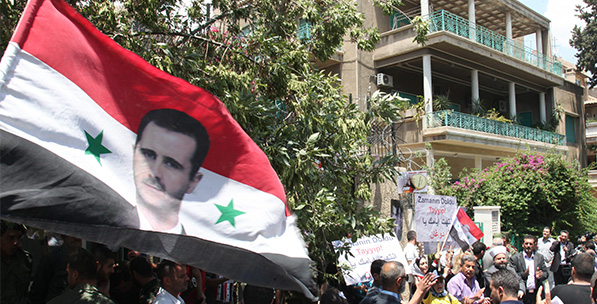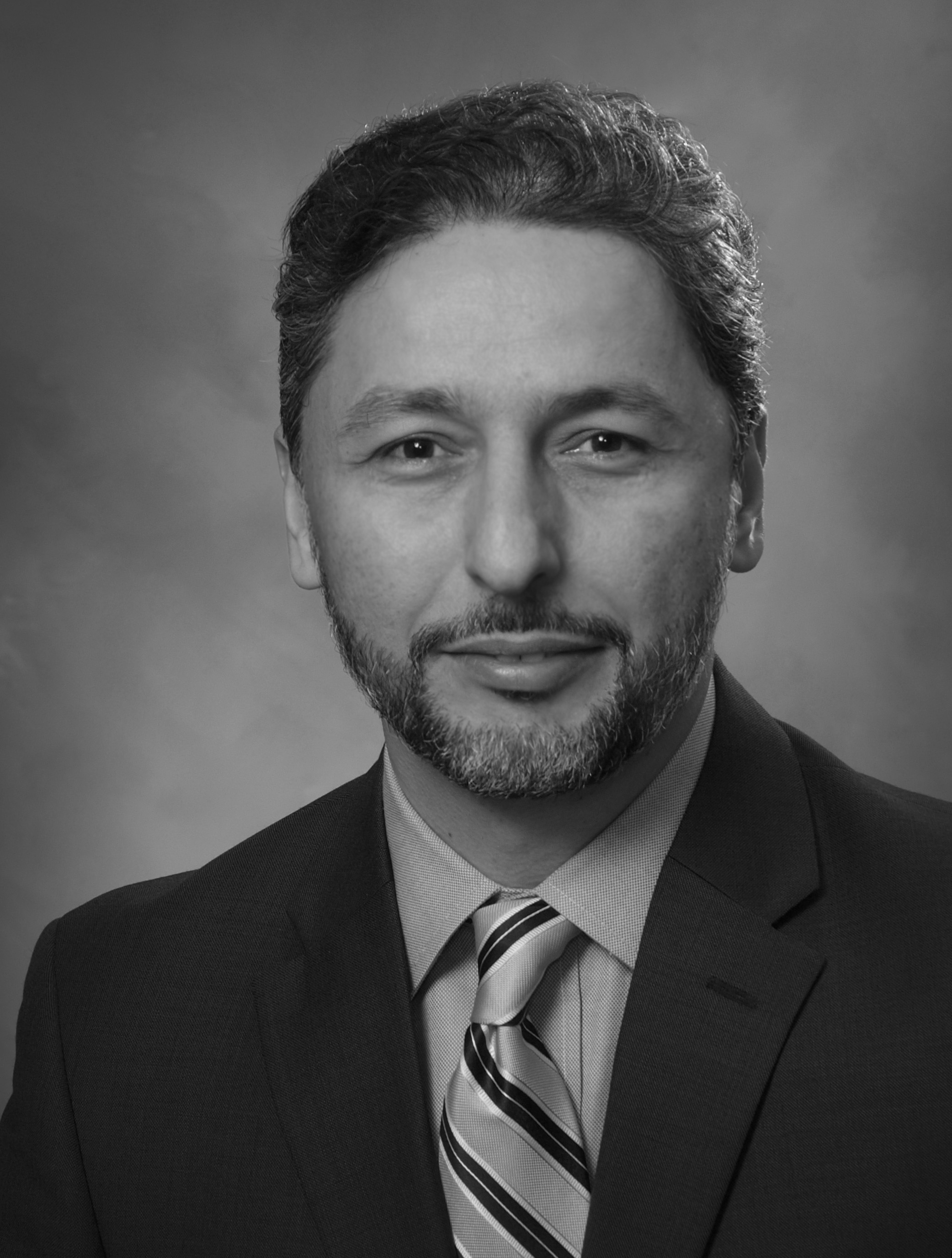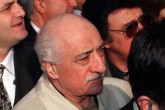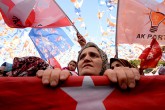The failure of the Geneva II conference has demonstrated once again that the main stakeholders in the Syrian conflict have entirely opposing views of the crisis.
Fundamental disagreements over the basic nature of the conflict and how the opposition and the Syrian government view their positions give little, if any, hope of a potential resolution any time soon. The opposition insists on a transitional government, while the regime remains intransigent on its view of the conflict as one between the Syrian government and terrorist groups.
Bringing two warring parties to the negotiating table could be viewed as progress in itself but this would be an inadequately minimalistic approach to the devastatingly enormous challenges awaiting the international community in Syria. Such an approach is doomed to failure as there is no consensus between the parties about the ultimate goal of the negotiations.
The situation on the ground requires no less than a comprehensive approach with all diplomatic and political tools mobilized, including the credible threat of military force, the referral of Assad regime officials to the International Criminal Court (ICC) and arming the internationally recognized opposition.
Diplomacy without a credible threat is not likely to effect change in regime behavior and the modest approach adopted at Geneva II, if unmodified, will only prolong the current stalemate and worsen the humanitarian situation.
Seeing no incentive to yield to any type of meaningful compromise, the regime will continue to rely on delaying tactics, and the transition of power sought by the Geneva Communiqué will remain a mirage.
The regime insists that the central issue is terrorism, while the opposition expects fulfillment of the promise of a transition of power. These diametrically opposed positions tell us that we are headed toward an endless cycle of meetings with no clear final goal or deadline. In the meantime, the regime feels licensed to attack opposition strongholds and civilian populations with no regard for upholding human rights standards.
The chemical weapons deal is already helping the regime stay in power and legitimizing its position as an interlocutor, which is precisely what the deal’s critics predicted would happen, and there are strong signs that the regime intends to use the deal as an insurance policy.
The irony is that the deal was born out of a credible military threat by the U.S. and whatever progress has been achieved is due to international pressure. The easing of international mobilization, however, has led to the regime’s delaying tactics and limited compliance gives the regime space to maneuver.
The future of the Geneva negotiations faces a similar fate if international stakeholders are not clear on the basic parameters, deadlines and consequences in cases of non-compliance. The absence of an agreement among the Western allies over arming the opposition and creating a clear command and control structure has led to the emergence of al-Qaeda-affiliated groups.
The Syrian regime has exploited this lack of international consensus to advance its goals. Furthermore, neither the U.S. nor Russia seem to have the same understanding of the Geneva Communiqué and this will only empower the Assad regime’s position in negotiations.
A final deal will need to include a Russian agreement as well as Iranian compliance, or at least acquiescence. Iran can spoil any potential deal, as it is the only stakeholder other than the Assad regime itself that sees the Syrian conflict in existential terms (or at least purports it to be). Although the international community can impose a solution without Iranian consent, it would be very difficult to sustain long term. While the focus has been bringing the regime and the opposition to the negotiation table, the regime is ever more reliant on Iran.
Clearly, the Assad regime is no longer calling the shots in the conflict.
In the next round of negotiations, the international communit



